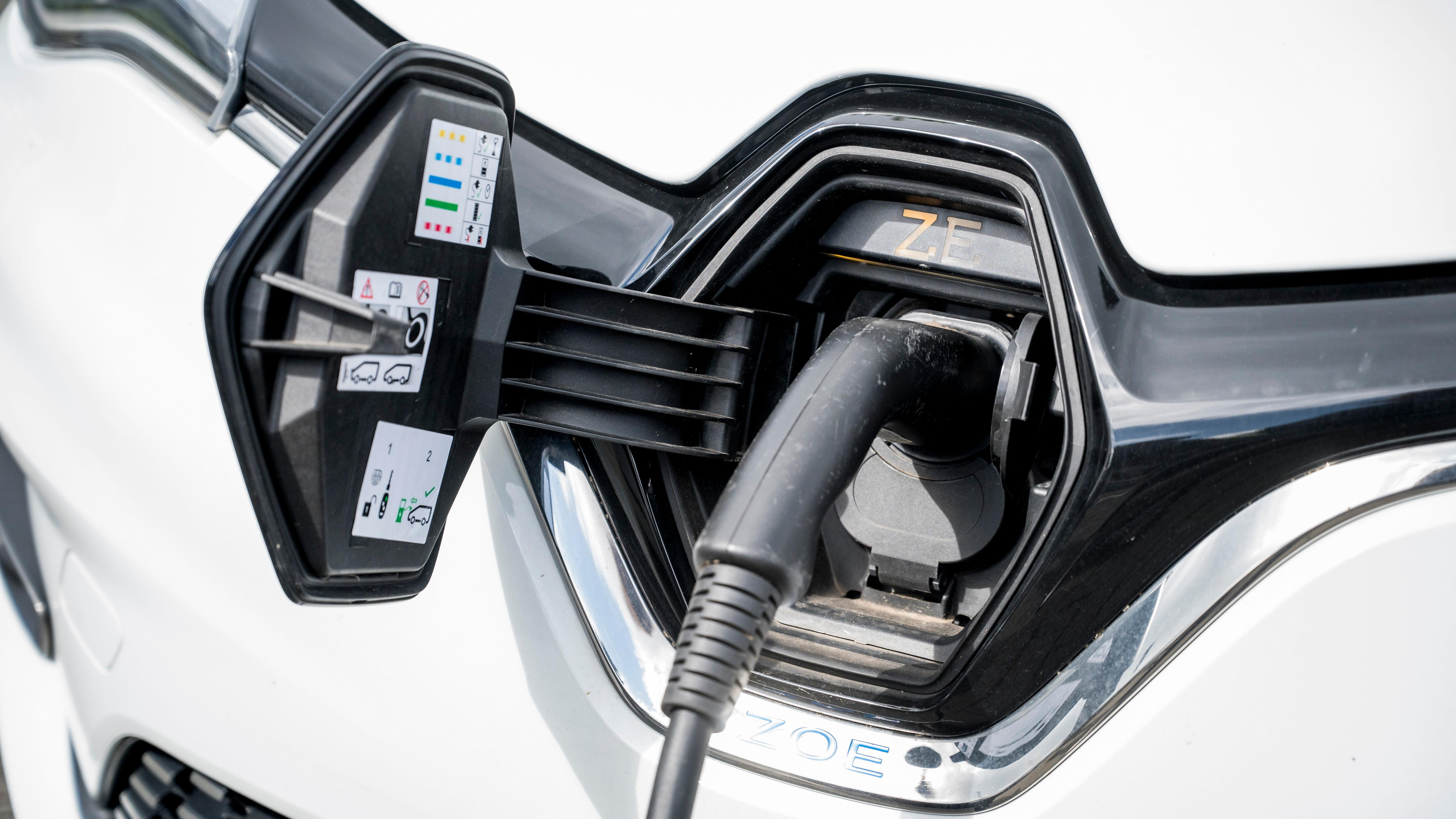Electric Cars Need To Be Driven Further, Owned Longer To Offset Embedded Carbon: Report
There has been a fairly consistent back-and-forth when it comes to the relative eco-friendliness of electric vehicles. While it's obvious that they don't emit carbon due to burning gasoline, other academics argue that EVs are still a detriment to the environment because carbon emissions are created when building or even powering them (since some electricity is generated through the burning of fossil fuels). Now, Jefferies' Simon Powell is saying those latter claims hold merit, so it's imperative that EV owners own their cars longer and drive them further to make it worthwhile.
Here's what Powell told CNBC's "Street Signs Asia":
To gain the environmental dividend that governments are looking for, users are going to have to keep them longer, drive them further than they may have done with a conventional internal combustion energy vehicle.
When they leave the factory, these (electric vehicles) are at a disadvantage. They contain more steel. The brakes are bigger. The battery packs are certainly heavier.
That leaves us with two options. First, we can drive our EVs further and own them longer than we might have done with an ICE, as he mentions. That means car companies are going to need to develop vehicles with longer ranges, or the government is going to have to develop a more comprehensive charging infrastructure, since EVs still can't go as far as an ICE can on a charge versus a tank of gas.
That's not always an appealing option. People who opt for EVs are generally more affluent, and they often live outside of directly downtown, urban areas but who live within a quick jaunt to the city center where there's more space for street parking and, therefore, more space for chargers. And people still aren't taking their EVs for long-haul road trips, nor do we have enough data to see how long they'll own an EV as compared to an ICE car. There's a whole slew of difficult factors coming into play here.
So, that's where Powell's second option comes in: greening the steel industry. The production of steel creates a ton of emissions if done the traditional way; a more eco-friendly steel production process is costlier and takes more time. It would take a hell of a long time for the steel industry to go green, though, and would cost a lot of money to do so. It's one of those "invest now so the next generation can reap the benefits" scenarios.
In the meantime, though, we'll still have to aim for squeezing every last bit of use out of our electric vehicles.
